
Project Management
Delivering successful automation and software projects isn’t just about having the right tools or technology, it’s about managing the process effectively from start to finish.
That’s where Project Management plays a crucial role.
Project Management: where structure meets success
Why Project Management
Automation and software projects often involve multiple stakeholders, changing requirements, and complex dependencies. Without clear oversight, even a small project can drift off course.
A dedicated Project Manager helps navigate these challenges by keeping the team focused, risks managed, and everyone on the same page.

Responsibilities
In the context of automation and software delivery, the Project Manager plays a central role in driving the project from idea to implementation.
Their responsibilities extend across planning, coordination, execution, and continuous improvement.
Defining
project scope and goals in collaboration with business and technical teams
Planning
tasks, timelines, and resources identifying dependencies and bottlenecks
Managing
stakeholder expectations and maintaining clear communication
Tracking
progress, ensuring work stays on schedule and within scope
Handling
risks and changes, resolving issues proactively
Overseeing
testing and deployment, including handover and documentation
Capturing
lessons learned to improve future projects

Techniques
To manage complexity and keep delivery on track, Project Managers apply various proven techniques
Work Breakdown Structure (WBS)
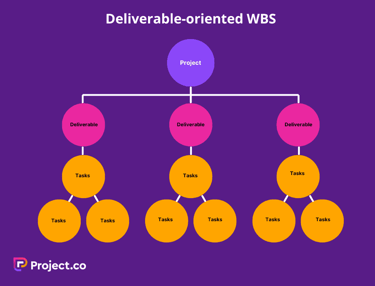

Breaking large projects into smaller, manageable tasks
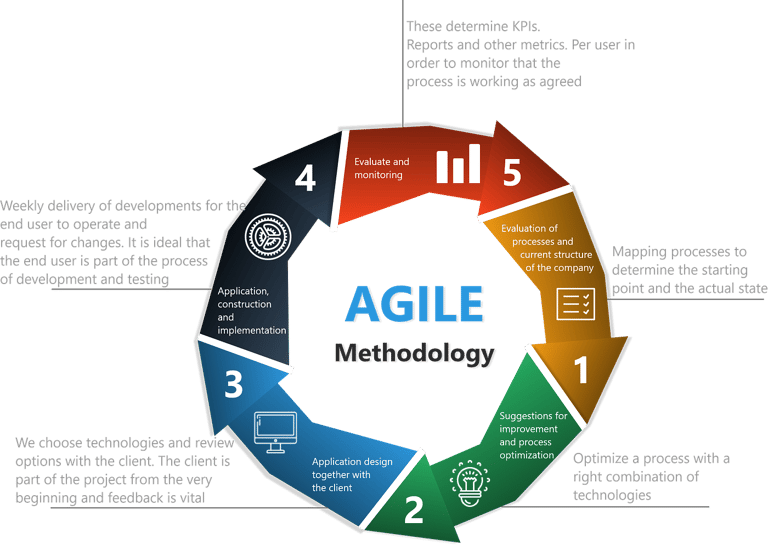

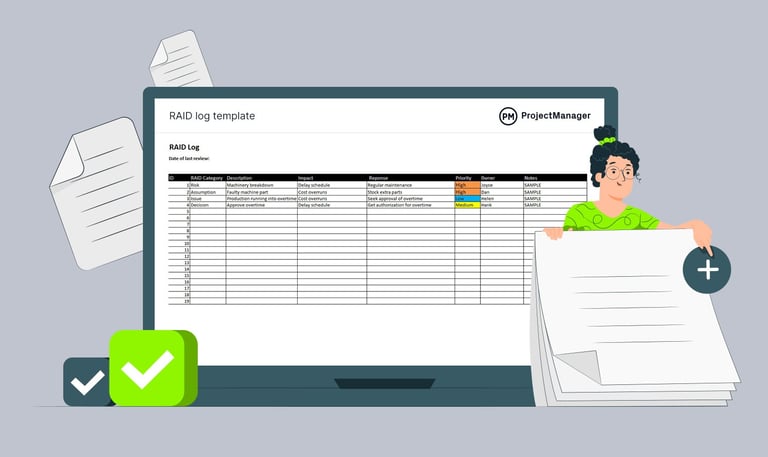

Agile Methods (Scrum or Kanban)
Delivering work in iterations, with regular feedback and adjustments
Documenting Risks, Assumptions, Issues, and Dependencies
RAID Logs
Daily Stand-ups and Sprint Reviews
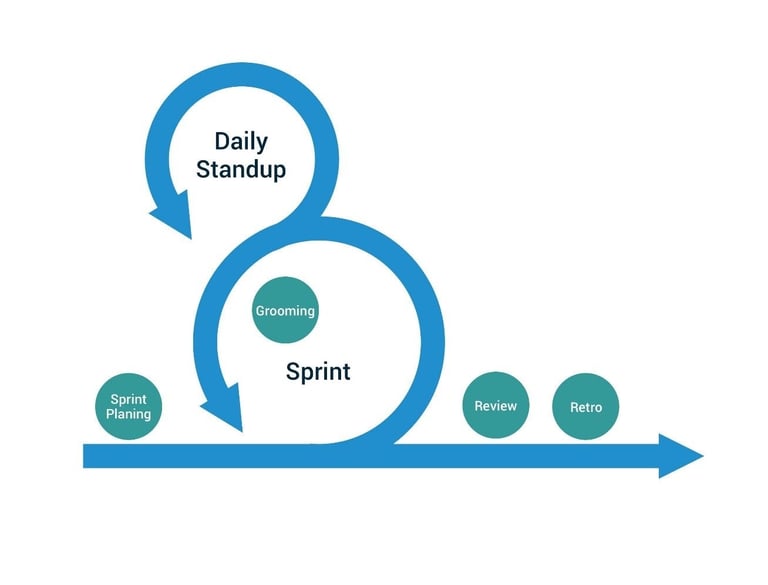

Keeping teams aligned and blockers visible


Retrospectives
Reflecting on what went well and where improvements can be made

Tools Used
Project Managers use a range of tools to coordinate teams, track progress, and keep documentation organized.
Some of the most popular include:
Jira
Managing user stories, tasks, bugs, and development sprints
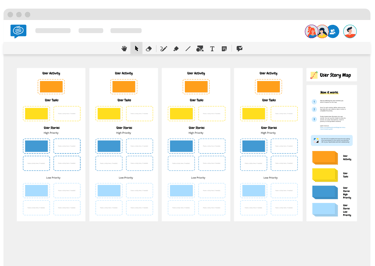

Confluence / SharePoint
Visualizing status reports, KPIs, and project health dashboards
Power BI / Excel




Creating and sharing project documentation, meeting notes, and requirement

Delivering Value, Not Just Deliverables
Project Management isn’t just about completing tasks, it’s about delivering meaningful outcomes.
By applying structured practices, using the right tools, and fostering open communication, project managers help ensure that automation and software projects deliver real value to the business, not just working solutions.